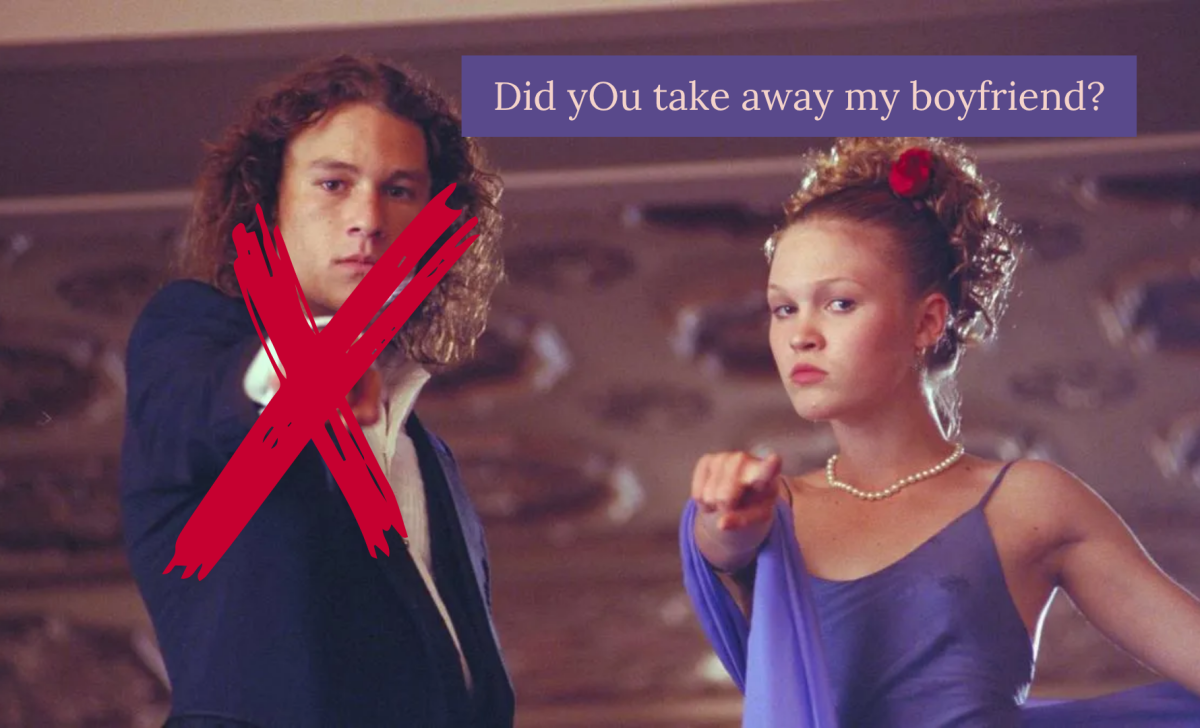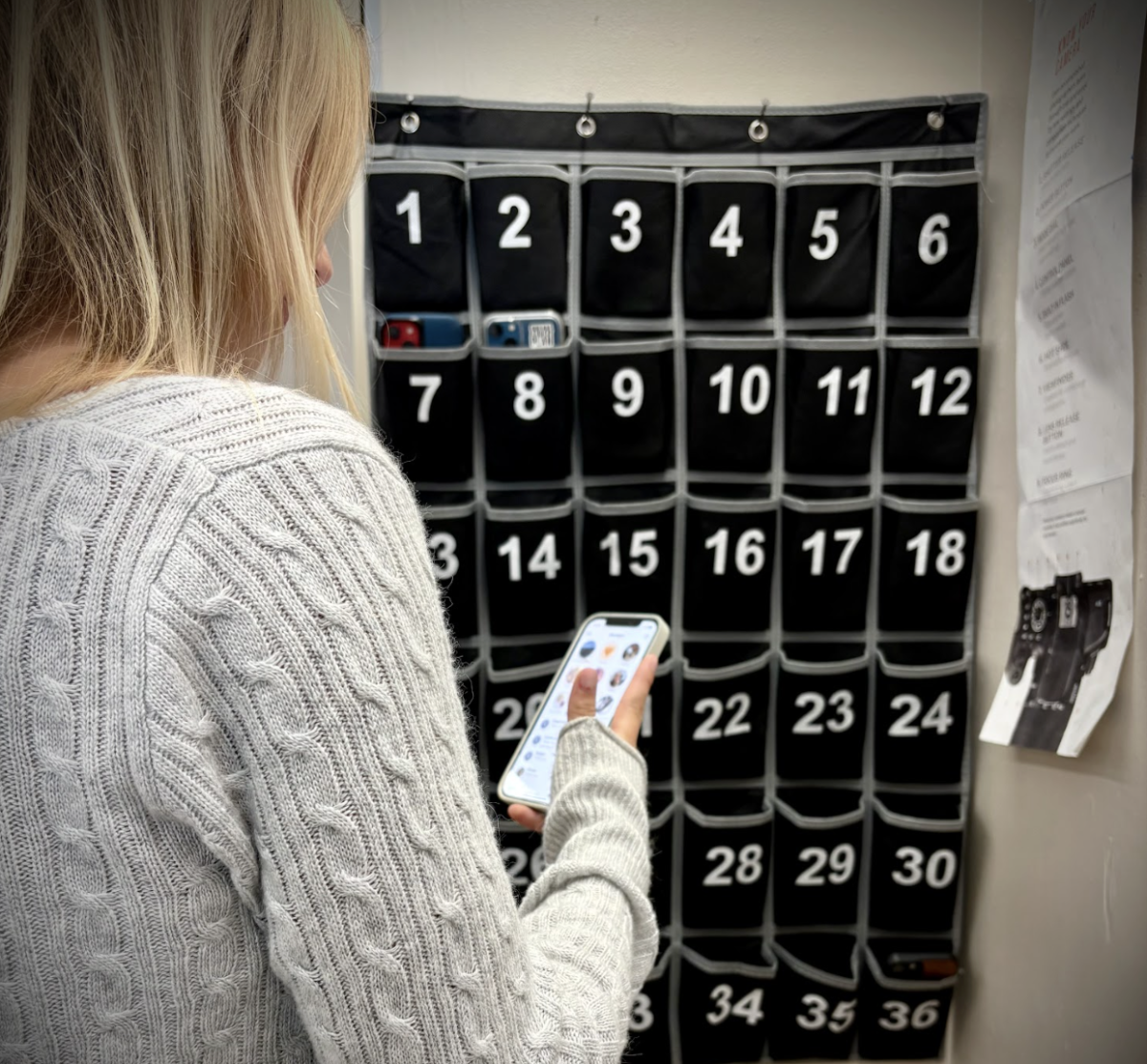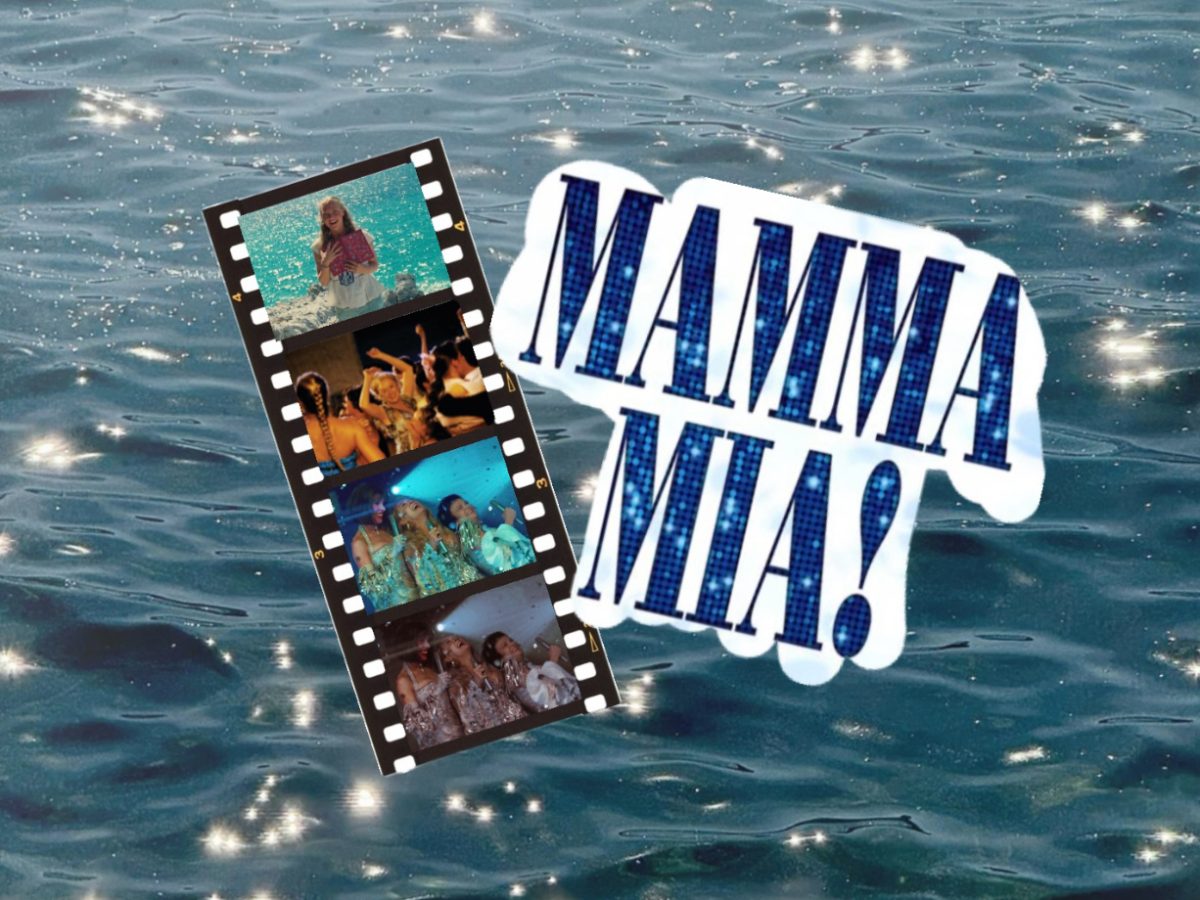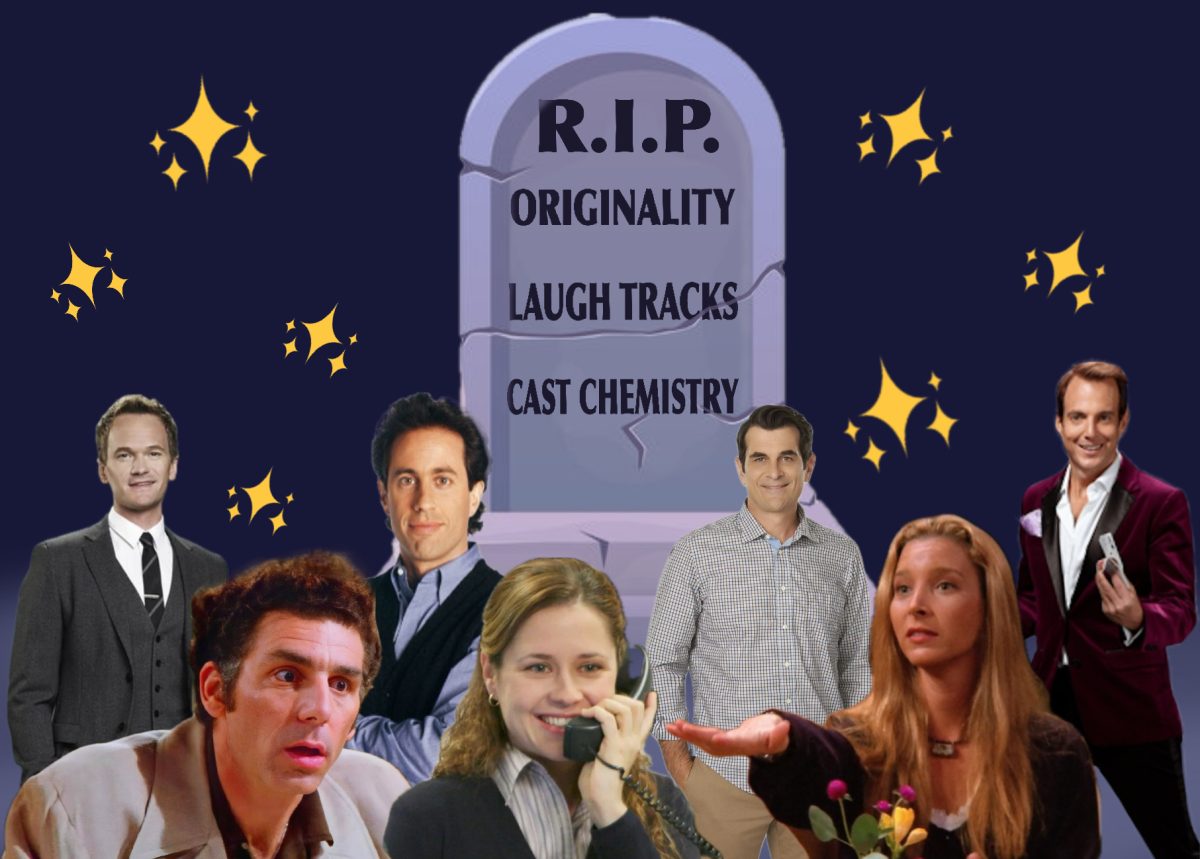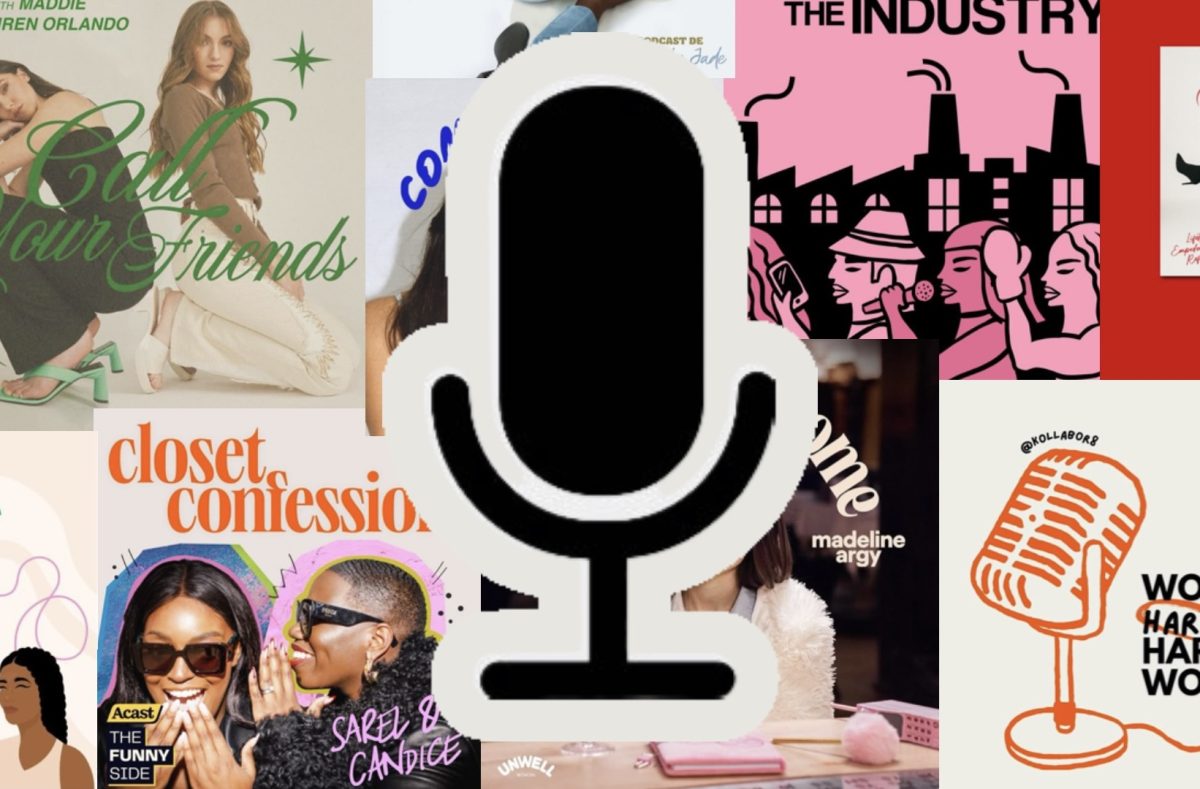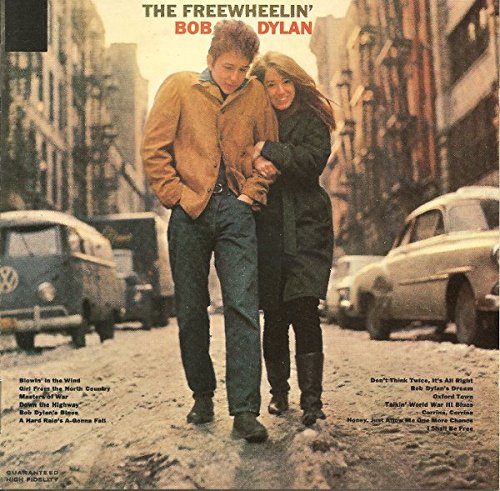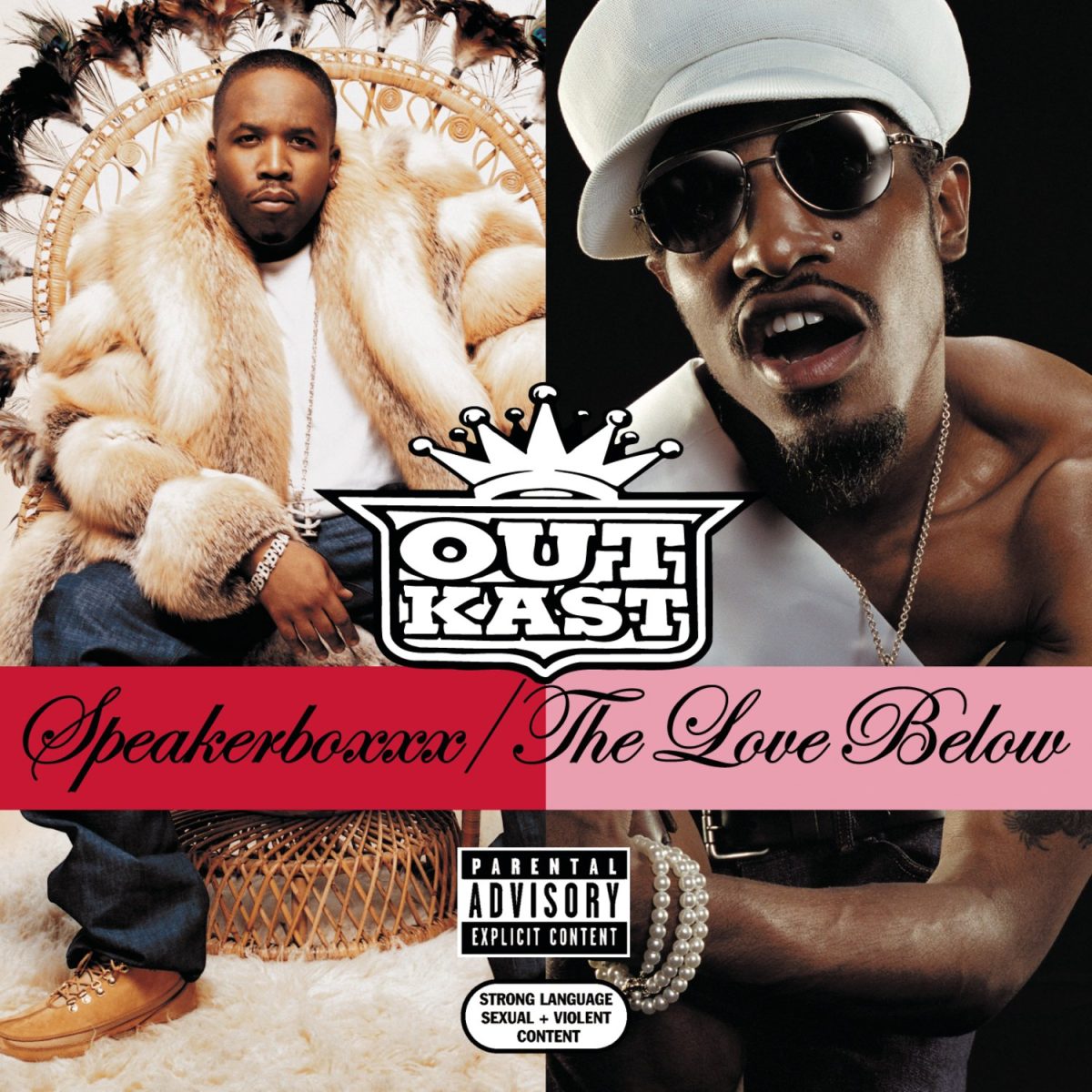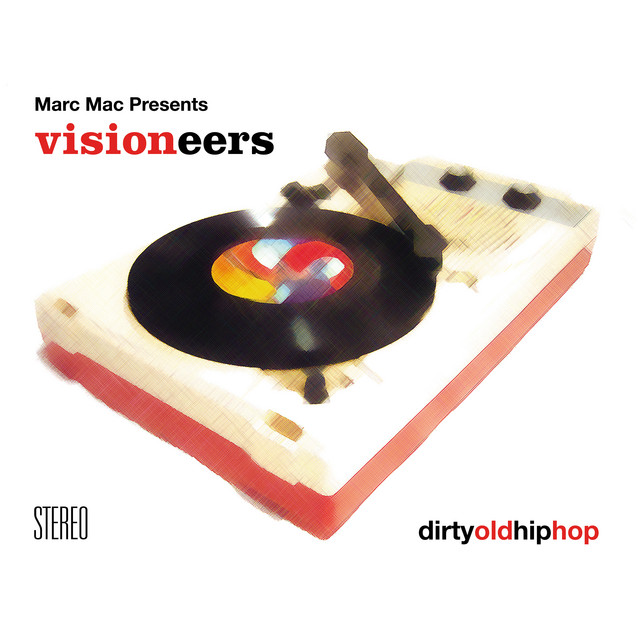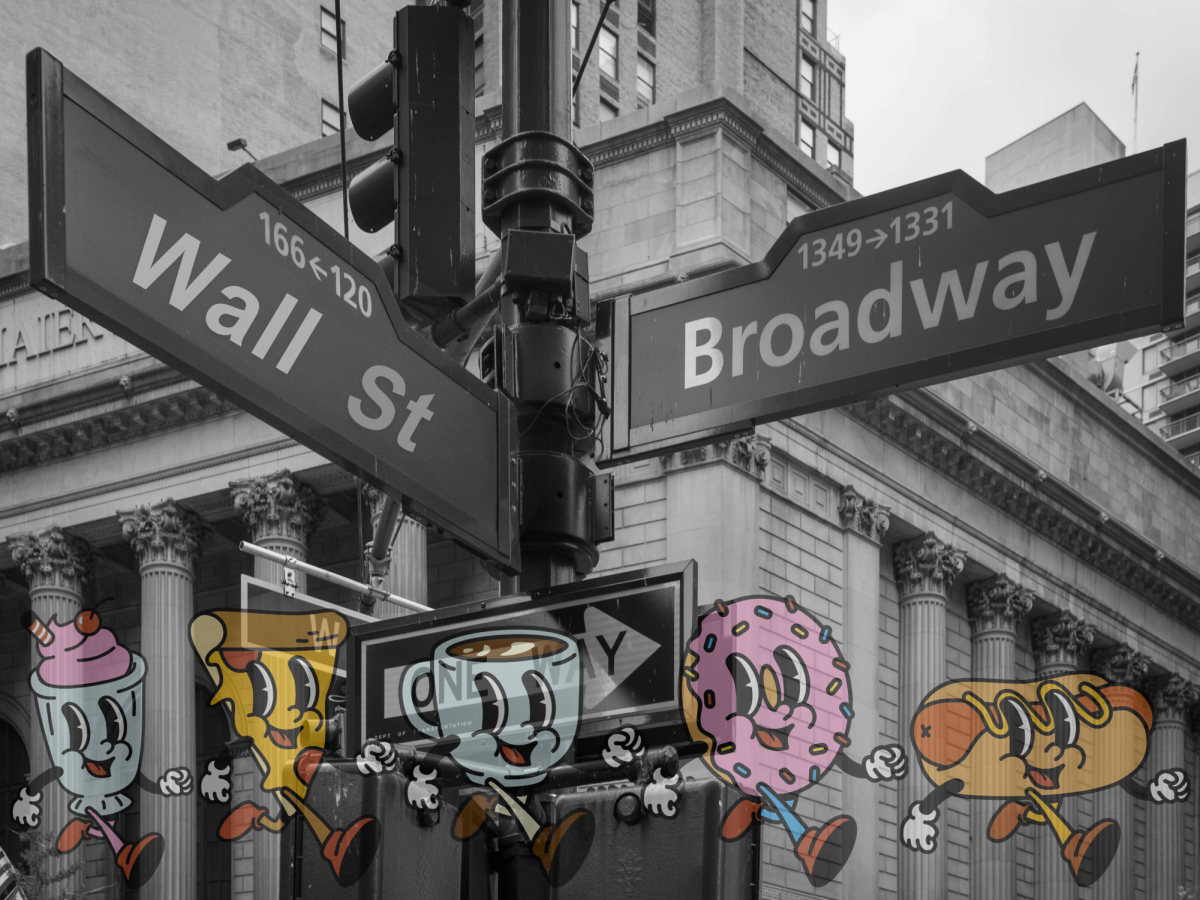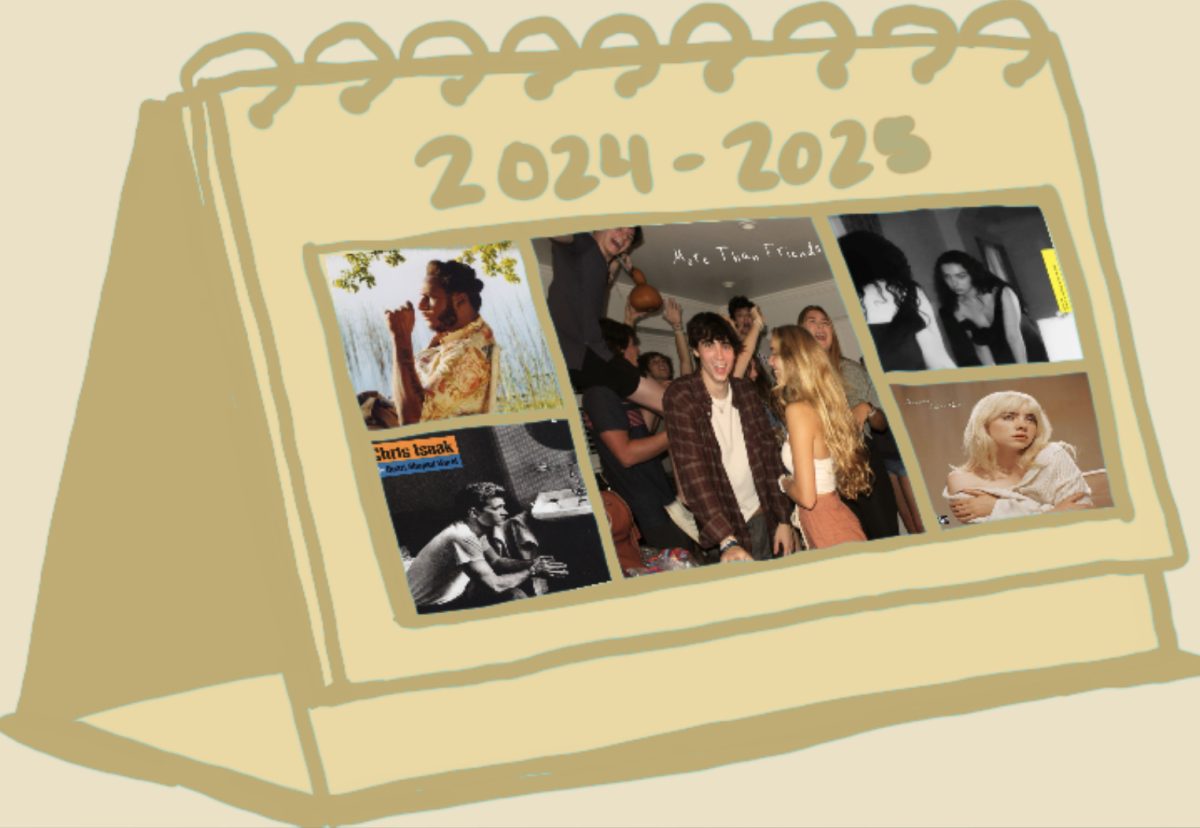Not every actor can be satisfied by the streets and studios of Hollywood fame. Soon enough, the bright lights and wide stages of Broadway are too tempting, the thrill of portraying a character for weeks—even years on end—irresistibly alluring.
Playing a character behind a camera provides a security blanket of multiple takes and a snack table, a mundane routine for the experienced. Actors can only find a specific exhilarating demand of perseverance and skill while under a spotlight. Every artist wants the next big thing, and any call from their agent could be their shot. Broadway amplifies that thrill of selective casting with pretentious thespians and late night performances. Getting casted in major musicals is typically an enormous honor, a life goal finally reached.
“[On-screen actors] got that charisma on stage,” said Summit junior Azure Neubauer. “There’s a term in the Broadway industry called stunt casting, where they purposely hire celebrities to bring in the big bucks, because firstly, Broadway is a business.” Neubauer hopes to follow a career related to acting and has grown accustomed to the rights and wrongs of performance art.
Even someone without a disposition for the musical arts would notice the popularity of actors and actresses taking over productions. Recent examples of this stunt casting includes Gaten Matarazzo (“Stranger Things”) in “Dear Evan Hansen,” to Sarah Paulson (“Nurse Ratched”) in “Appropriate” and now Darren Criss (“Glee”) the new Seyomour of Little Shop of Horrors. All personalities who have gained instantaneous attention for their roles in major streaming series, who then proceed to star in major musicals. But not all are recent news; Martin Short portrayed Elliot Garfield in Broadway’s 1993 “The Goodbye Girl,” who knew what an equivocal comedian could accomplish in show business.
Stereotypical casting on Broadway is seldom limited to sexuality. A wavering line exists between the advantages of raw talent and attracting fame. Of course, for a person to obtain a significant role in a movie, a portion of talent exists.
“When someone is a good actor, they get the right awards for it. They get the right recognition for it,” said Emily Hagan, a former performer for her local theater.
Then again, everything comes with a price in the industry, and the same applies to the footlights. Nepotism-babies are everywhere.
Celebrities could also simply pursue musical theatre to escape their prosaic, faux life displayed in the media, a fabricated character they used to know. To dazzle an audience a thespian connects with their character, researches their background, studies every aspect until method acting in the kitchen is no longer acting.
“They cannot, they do not get the grasp of the character. Theatre and film acting are such different art forms,” said Neubauer.
These musical pursuits are not only limited to those behind a curtain. Recently celebrities have taken over the stage on screen with releases like “Mean Girls”, “Wonka”, “The Color Purple” and “Maestro”. One could blame the haunting of Hugh Jackman in “The Greatest Showman, a 2017 frenzy of occult obsession.
“I think some [movie adaptations] can be done well. I think some musicals are just made for the stage,” said Neubauer.
This desire to appear in productions stems from the general drive in the entertainment industry to appear in the most media–films, press, social feeds, any form that generates mass attention–in the earliest point of a career. Broadway is flashy and has a significant place in historic popular culture, although an actor doesn’t necessarily need to be in a production. Namely, the original “Mean Girls” cast member Tina Fey’s largest claim to fame in the Broadway world is her work writing the book for the musical adaption of “Mean Girls.” Of course she had the advantage of a foundation of fame from the movie.
“There are obviously tons of famous actors that are beautifully talented,” said Hagan. “However, those backed by nepotism [in the industry] tend to take precedence [over other actors].”
Similarly displayed in contemporary art museums, modern expectations are lowering, devaluing what once was a dream for a little girl with stars in her eyes. Broadway no longer remains archetypal and exclusively entertaining. Anyone can watch a Broadway production with a streaming subscription, and anyone can discern musical scores in a movie theater.

